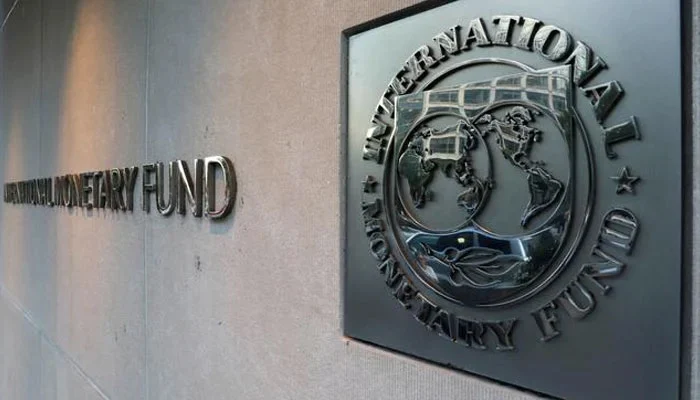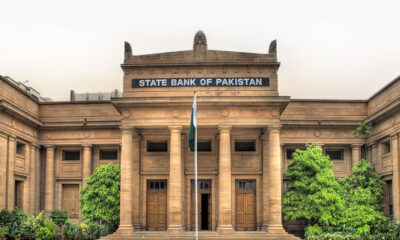- IMF sees inflation at 18.5% by end-June 2024.
- Says current account deficit to rise to 1.5% of GDP in FY24.
- Market-determined exchange rate urged to buffer external shocks.
With the approval by the Executive Board for the release of the second tranche under the Stand-By Arrangement (SBA), the International Monetary Fund’s (IMF) Deputy Managing Director Antoinette Sayeh commented that the economy is showing “tentative signs of activity picking-up and external pressures easing” for cash strapped Pakistan.
Sayeh noted that the country’s performance under the SBA has supported significant progress in stabilising the economy following the significant shocks of the last fiscal year.
“There are now tentative signs of activity picking-up and external pressures easing. Continued strong ownership remains critical to ensure the current momentum continues and stabilisation of Pakistan’s economy becomes entrenched,” said the deputy MD who was also the chair of the board meeting that approved the release of $700 million. The release means total disbursements under the SBA stand at close to $1.9 billion.
“The authorities’ strong revenue performance in FY24Q1 as well as federal spending restraint have helped to achieve a primary surplus in line with quarterly program targets. However, in the context of pressures, including from provincial spending, efforts at mobilising revenues and ongoing non-priority spending discipline need to continue to ensure that the budgeted primary surplus and debt goals remain achievable,” said the deputy MD.
The IMF official advised the authorities in Pakistan to go for broad-based reforms to improve the fiscal framework by mobilising additional revenues specifically from non-filers and under-taxed sectors and improving public financial management. She believes these actions would give Pakistan fiscal space to further social and development spending.
“Inflation remains high, affecting particularly the more vulnerable, and it is appropriate that the State Bank of Pakistan maintains a tight stance to ensure that inflation returns to more moderate levels. Pakistan also needs a market-determined exchange rate to buffer external shocks, continue rebuilding foreign reserves, and support competitiveness and growth. In parallel, further action to address undercapitalized financial institutions and, more broadly, vigilance over the financial sector is necessary to support financial stability,” said Sayeh.
IMF expects 2% growth
The lender in its statement also stated that macroeconomic conditions have generally improved in the country and expects 2% growth in ongoing fiscal year as the “nascent recovery expands in the second half of the year”.
“The fiscal position also strengthened in FY24Q1 achieving a primary surplus of 0.4% of GDP driven by overall strong revenues. Inflation remains elevated, although with appropriately tight policy, this could decline to 18.5% by end-June 2024,” said the IMF.
The lender forecasts that the current account deficit may increase to around 1.5% of GDP in FY24 as the recovery takes hold.
“Assuming sustained sound macroeconomic policy and structural reform implementation, inflation should return to the SBP target and growth continue to strengthen over the medium term,” said the IMF.
Pakistan was nearing a default when the Pakistan Democratic Movement-led government (PDM) was about to end its term last year. However, entering the SBA with the IMF helped the South Asian nation stave off the sovereign default.
The forex reserves held by the State Bank of Pakistan (SBP), as of January 5, stand at $8.1 billion, while the country’s total reserves have reached $13.2 billion after a debt of $66 million was repaid.
With the addition of the latest tranche, Pakistan’s forex reserves will reach a six-month-high — as on July 14, the SBP reserves were around $8.73 billion.

 Business8 hours ago
Business8 hours ago
 Latest News9 hours ago
Latest News9 hours ago
 Latest News8 hours ago
Latest News8 hours ago
 Latest News9 hours ago
Latest News9 hours ago
 Latest News9 hours ago
Latest News9 hours ago
 Latest News9 hours ago
Latest News9 hours ago
 Latest News9 hours ago
Latest News9 hours ago
 Latest News8 hours ago
Latest News8 hours ago























